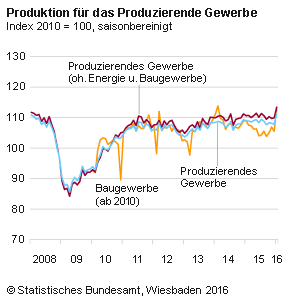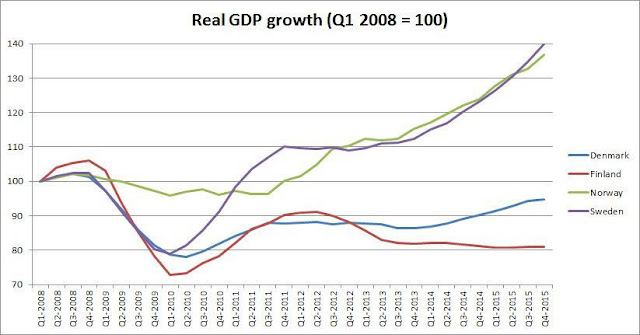A plan to turn the Euro from zero to hero

Guest post by Ari Andricopoulos It is difficult to read the history of inter-war Europe and the US without feeling a deep sense of foreboding about the future of the Eurozone. What is the Eurozone if not a new gold standard, lacking even the flexibility to readjust the peg? For the war reparations demanded at Versailles, or the war debts owed by France and the UK to the US, we see the huge debts owed by the South of Europe to the North, particularly Germany. The growth model of the Eurozone now appears to be based largely on running a current account surplus. Competitive devaluation is required to make exports relatively cheap. While this may have been a very successful policy for Germany during a period of high economic growth in the rest of the world, it cannot work in the beggar-thy-neighbour demand-starved world economy of today. As I've explained elsewhere , reasonably large government deficits are very important for sustainable economic growth. However, ...



